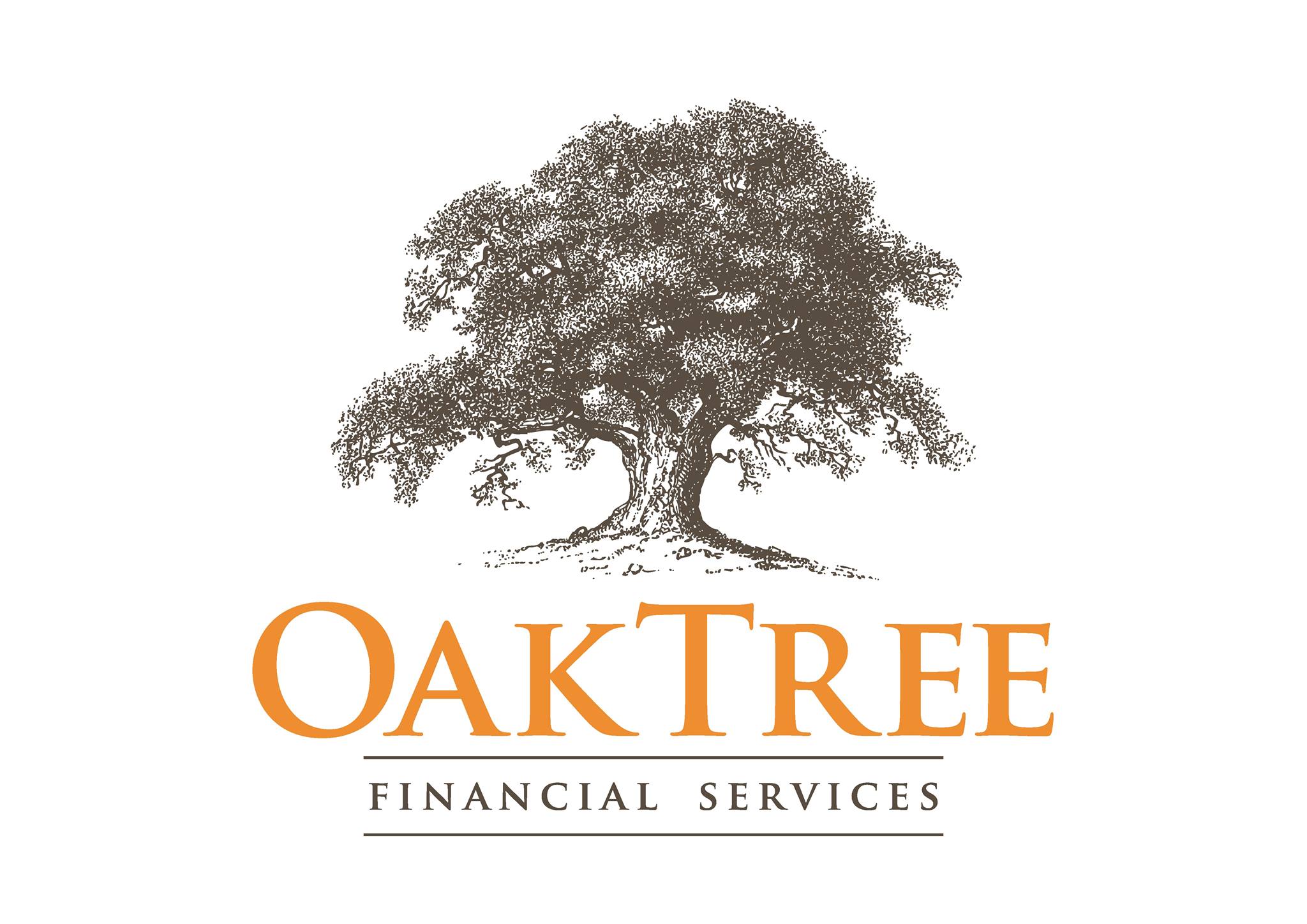With current inflation rates, leaving money sitting on deposit in a bank or credit union is not an ideal method for long-term wealth management. Savings on deposit is fine for short-term needs, but for anything over 3 years, that money is decreasing in value.
When it comes to investing there are two main approaches. There is lump sum investing, and regular savings and investments. The aim for both is to generate a return on your money. However, there are some distinct differences which we will outline in this blog.
Regular Savings & Investments
Regular saving and investing is basically when you invest a set amount of money each and every month. It has great benefits and is probably the most affordable for a lot of people. It’s up to you how much you want to invest each month and the plan can adapt as your circumstances change.
These plans can be used for specific medium to long-term savings goals such as saving for your children’s education, wedding expenses, a dream holiday, a holiday home, or whatever it is you want. Just know what your goals are and devise a strategy to help you get there.
Regular saving and investing also avoids poor market timing, takes away the emotional component of decision making, and creates good financial habits.
Lump Sum Investing
Lump sum investing is exactly as it sounds. It is investing a sum of money all at once. This strategy has a greater potential for returns in most cases.
For long-term investing, it is more about time in the market than timing the market. One of the most simplified and effective long-term investment strategies is to invest and forget. Not literally, but with all the investment apps available, it can be easy to fall into the trap of constantly acting on market changes rather than being patient and allowing the market to do its work over the long term. Stock market values increase over the long term and historically, the biggest gains tend to follow the biggest falls.
So, if you can afford a lump sum, this is usually the better option. While there is better potential for gains, there may also be more risk involved. But many investors are willing to take that risk to get the best possible returns. Of course, this depends on your attitude to risk which should be discussed with your advisor. However, the longer you leave your money invested, the less risky the investment becomes.
So, if you are interested in investing but need some guidance, please call us on 025-30588 or book a complimentary chat here.
Adrian Godwin is a Senior Financial Consultant and the co-founder and managing director of Oaktree Financial Services. With a background in accounting and tax advising, Adrian specialises in estate planning and wealth management.Adrian offers clients reassurance through best practice solutions. His unique skill set and qualifications enable clients to develop comprehensive life plans that align with their goals.



